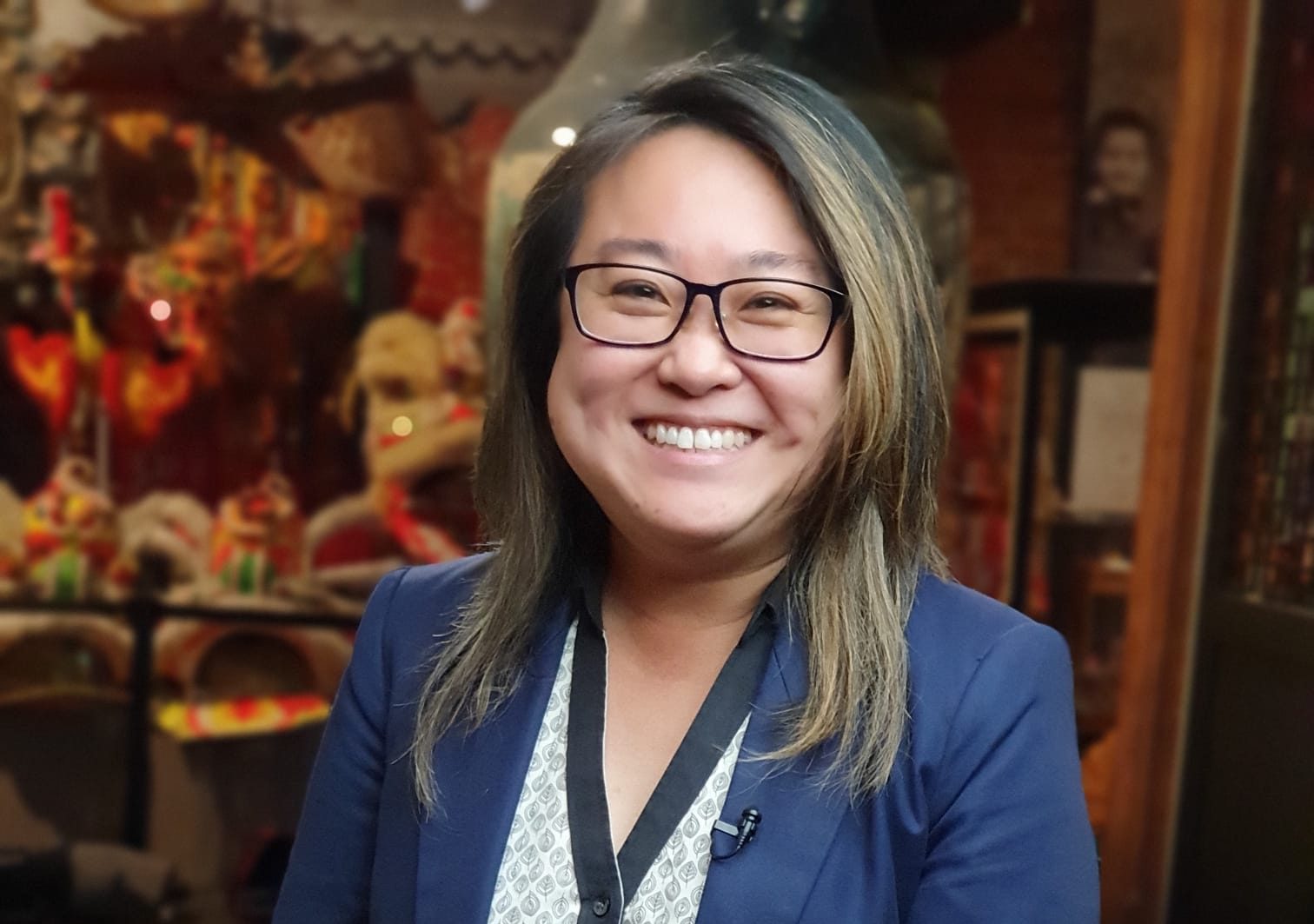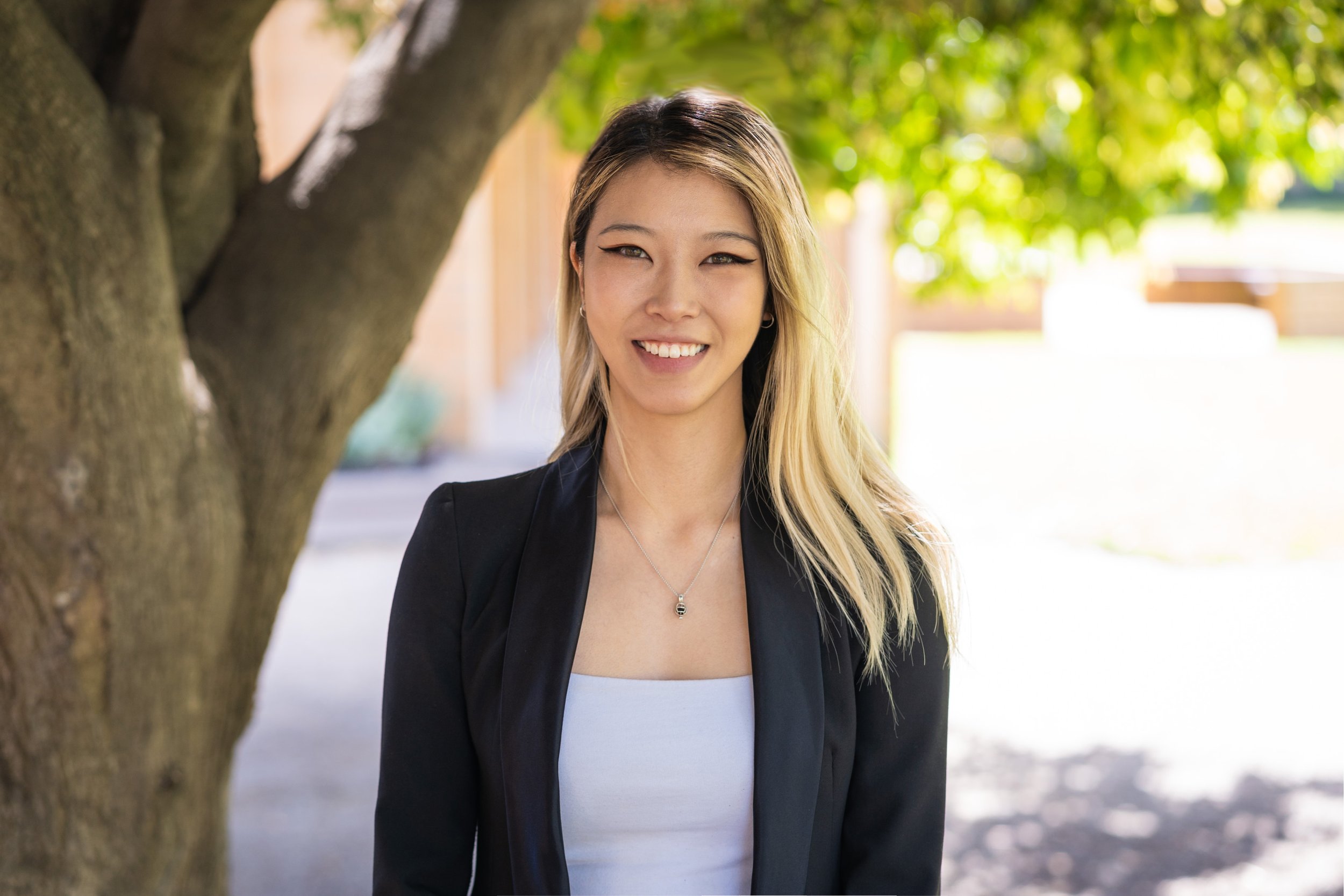About
Who we are
Solis Culture & Mental Health is a capacity-building, support & resource network for culture-oriented, multicultural mental health advocates & practitioners. It is a community of practice that brings together a group of interdisciplinary, intersectional advocates and professionals – who occupy positions “both inside and outside the community.” We operate through the primary vehicle of a Think Tank that guides, and contributes to, the activities of diversity & intersectionality in mental health. You can read more about what we have been up to on the homepage or through the Australian Institute for Diversity in Mental Health (AIDMH).
Our story
Like many things, our collective started after a few conversations. A number of mental health practitioners and advocates from diverse cultural backgrounds spoke up about feeling lonely.
Those new to the field felt alienated from their broader communities for working in a space that historically hasn’t been highly regarded.
Seasoned experts also found it tough. They’d achieved incredible and innovative things in their careers despite their family not understanding what they actually do.
Then there were those in between. Neither fresh nor seasoned, but still lonely. They felt the weight of the work in this space. They yearned for a safe place to unpack, meet with others and share without worrying about what their well-meaning (but at times, non-culturally sensitive) colleagues would think.
*
It’s the diversity in our experiences that sets us apart, and somehow we all seem to unite and meet at centre. Solis is your chance to safely and relationally share the load, critically reflect on intersectionality and cultural diversity, and move with us toward a more culturally responsive mental health system.
Our Role & Purpose
By creating an intentional, safe and supported avenue that allows for transparent conversation and understanding, Solis contributes to the system in various ways including in starting to reduce the silos (Ie. the opposite of Solis!) and work toward a more efficient and meaningful use of limited resources within the sector.
In particular, Solis focuses on creating opportunities for capacity-building, as well as emotional and practical supports for multicultural practitioners to continue contributing meaningfully and sustainably within the mental health sector. We hold our collective lived and living experiences warmly and with respect, understanding and being underpinned by the principles and tasks of the Intentional Peer Support (IPS) framework.
Guiding Principles
-
We seek to address needs & adjust service responses…
As advocates and guides within the system – we focus on supporting folks with intersectional identities, and communities, to access and use the right and relevant services for them. We are conscious that this requires strength and professional & emotional support to continue this work in a sustainable way.
-
…Whilst creating sanctuary & acting in solidarity with each other…
Whilst we appreciate we each have a role to play, we understand that a system working together will only be effective if we can actively collaborate. We seek to strengthen ties within working relationships underpinned by vulnerability, honesty and integrity. We know that this approach will not only make us stronger, but also more effective – individually, and as a sector.
-
…And seeing diversity & acknowledging privilege…
The beautifully complex and interesting cultural makeup of our advocate and professional community speaks to intersectionality and diversity as a concept. Understanding and navigating privilege is fundamental to this intersectionality in practice, specifically through our Acknowledgement of Privilege.
-
…To address silos, enable cultural exchange flow and increase sectoral cultural humility.
We actively address siloed approaches to development and encourage open exchange of learnings across initiatives and levels. Keeping these principles front of mind enables us to focus on the ultimate aims of our work: to support the mental wellbeing of multicultural communities in a genuine, measured and meaningful way – together.
What is this Toolkit and where did it come from?
The Solis Culture & Mental Health Toolkit (The Toolkit) builds on our initial work in bringing together a directory and collection of resources including organisations, websites, online & in-person services and support resources, Instagram pages, podcasts and research related to living, being, and working in an intersectional and multicultural mental health space.
By creating a more user-friendly version of the Toolkit, we aim to facilitate a wider sharing of information and dissemination of knowledge regarding cultural responsiveness and humility. Our goal is to further expand this knowledge base whilst continuing to support your work in the sector. Ultimately, we want to break down the barriers and silos that currently exist and promote more productive and compassionate collaboration. We believe that such valuable information should be easily accessible and freely available. We are committed to keeping this Toolkit updated regularly, and will do so to the best of our abilities despite being entirely volunteer-based as a group.
Solis Culture & Mental Health is a capacity-building, support & resource network for culture-oriented, multicultural mental health advocates & practitioners. It is a community of practice that brings together a group of interdisciplinary, intersectional advocates and professionals – who occupy positions “both inside and outside the community.” We operate through the primary vehicle of a Think Tank that guides, and contributes to, the activities of diversity & intersectionality in mental health.
How do I use the toolkit?
The Solis Toolkit is organised by a number of different mediums and categories. The three main categories are:
- Medium,
- Resource type and
- Region
From the front page of the Toolkit, you can search for resources by:
- Typing what you are looking for into the search bar and clicking ‘Search’ or
Scrolling through the sub-categories under the three main categories identified above and clicking directly on each one. - When you have done this, you can also search within categories by clicking on the hyperlinks on the left side of the screen.
- When you are inside a resource page, you can also click on hyperlinked sub-categories above the body of the description to take you to other similar resources.
Can I contribute to this list?
Absolutely you can! You can fill out of the form to recommend additional resources we can add to the list, and we will be in touch shortly after to confirm when they have been added 🙂

Niharika Hiremath OAM
Lived Experience Advocate & Lived Expertise Practitioner

Dr. Judy Tang
Commissioner at Victorian Multicultural Commission

Emily Unity
Mental Health Advocate of the Year
